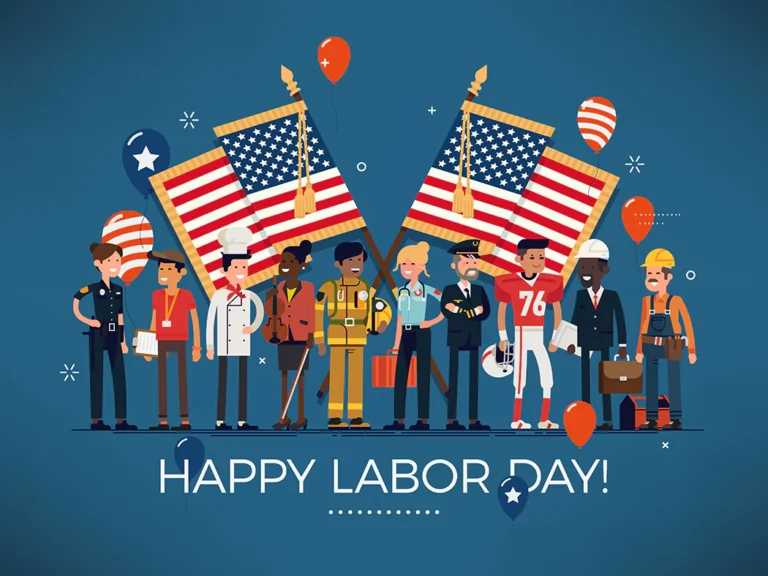The Origins of Labor Day
Labor Day is celebrated on the first Monday of September in the United States, introduced as a day to honor American workers and their contributions to the nation’s progress
This tradition began on September 5, 1882, with a parade organized by the Central Labor Union in New York City featuring around 10,000 workers
Who Initiated the Holiday?
There’s some historical debate. The common contenders are:
-
Peter J. McGuire, a labor union leader, suggested a holiday during a Knights of Labor Conference, drawing inspiration from Toronto’s labor parades
-
Matthew Maguire, a machinist and secretary of the Central Labor Union, may also have proposed the idea in 1882 while serving in New York .
Both attended the inaugural 1882 parade, but public credit remains divided .
Why September and Not May 1?
While many countries observe International Workers’ Day on May 1, U.S. leaders avoided that date due to its association with radical labor actions and socialism—specifically the Haymarket Affair of 1886 in Chicago and the broader labor unrest.
President Grover Cleveland, aiming to present a more moderate approach, chose a September holiday instead. On June 28, 1894, he signed legislation declaring the first Monday of September as Labor Day
Becoming a Nationwide Tradition
Before it became federal law, states like Oregon (1887), Colorado, Massachusetts, New York, and New Jersey had already adopted Labor Day. By 1894, 23 states were observing it, and the federal holiday made it universal across the United States.

How Americans Celebrate Today
-
Parades and Festivals: Cities across the country hold vibrant parades and community events, with New York City famous for its Labor Day parade
-
End of Summer: It’s seen as the unofficial close of summer—schools often resume or start right after, and outdoor fun transitions to the fall season
-
Traditions and Sales: The “no white after Labor Day” fashion rule and major retail sales are widespread cultural fixtures .
-
Reflection and Rest: The day also offers time to rest, reflect on labor rights progress, and appreciate workers’ contributions
Labor Day vs. International Workers’ Day
-
Labor Day (U.S.): Focuses on celebrating the dignity and contributions of work in a patriotic, less politically charged manner
-
May Day (International Workers’ Day): Rooted in labor activism and political struggles—U.S. considered it too radical for a national holiday



 Share your Details for subscribe
Share your Details for subscribe